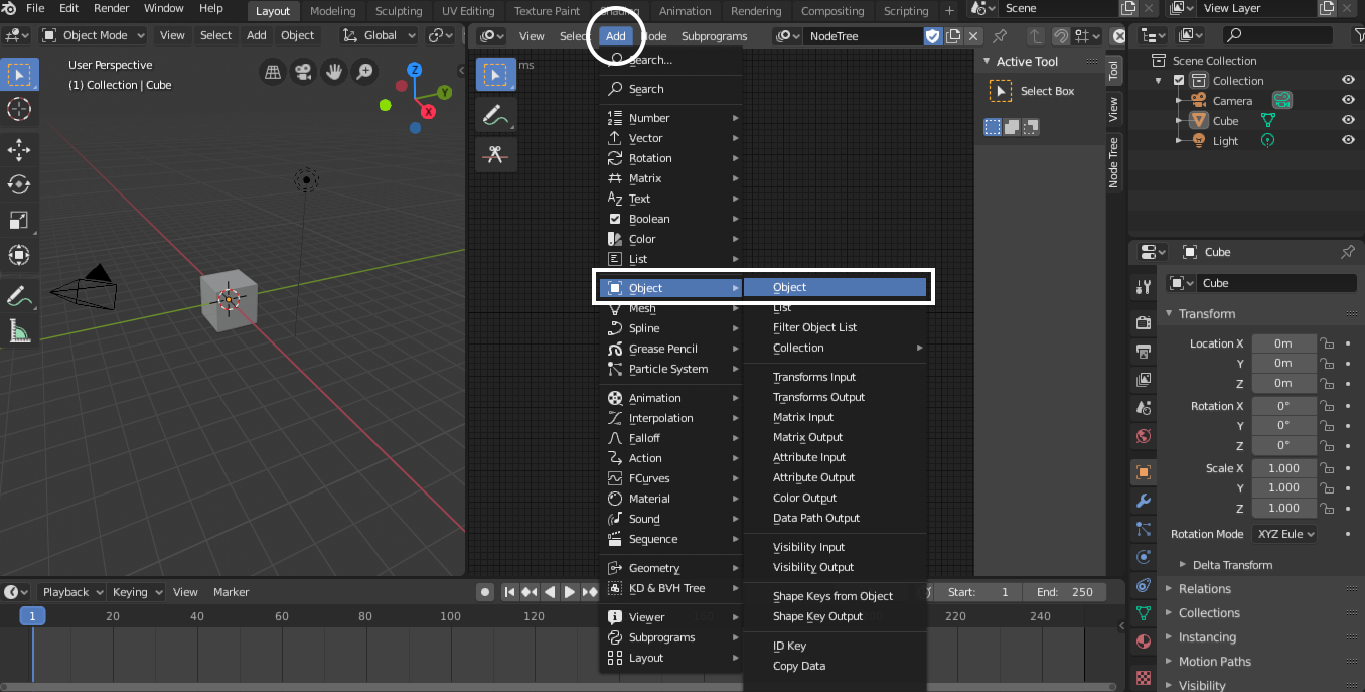

After NeoGeo's dissolution, Ton Roosendaal founded Not a Number Technologies (NaN) in June 1998 to further develop Blender, initially distributing it as shareware until NaN went bankrupt in 2002.

NeoGeo was later dissolved and its client contracts were taken over by another company. On January 1, 1998, Blender was released publicly online as SGI freeware.
#Blender 3d animation nodes sound software#
Some of the design choices and experiences for Blender were carried over from an earlier software application, called Traces, that Roosendaal developed for NeoGeo on the Commodore Amiga platform during the 1987–1991 period. The name Blender was inspired by a song by the Swiss electronic band Yello, from the album Baby which NeoGeo used in its showreel. The version 1.00 was released in January 1995, with the primary author being company co-owner and software developer Ton Roosendaal. The Dutch animation studio NeoGeo (not associated with the Neo Geo video game hardware entity) started to develop Blender as an in-house application, and based on the timestamps for the first source files, Januis considered to be Blender's birthday.
#Blender 3d animation nodes sound code#
The main technique behind the effect (when using shader nodes - more on code later) is using stacked planes to mimic ray-marching. Or, if you want a completed file with some extra additions, I’ve put one up on gumroad.

If you’re not interested in nodes and only want codes, you can skip down to the Extra: Example BEER GLSL Shader section. This can get annoying if you’re changing lots of things at once, so using Ctrl+Space to fullscreen the node tree (or setting the viewport back to solid mode) can help speed up node work. If you’re working on heavy shaders they might take a while to compile. Node wrangler comes with a heap of features, but the one I use the most is Ctrl+Shift+Click on a node to preview its output. The Node Wrangler addon comes bundled with blender (go to Edit > Preferences > Add-ons to enable it). a node named Add would have an Add button in the middle), then it’s a Math or Vector Math node respectively. If you see a node with a Light Blue or Purple header, and with a drop-down menu in the middle with the name of the node (e.g. If you’re new to noding in blender, here are a few things which might help you out when copying nodes from pictures: I decided to make a written tutorial rather than a video, partly because it’s much less work, but also because I personally much prefer to follow text+image based tutorials where all the information is available, than a video tutorial you have to watch through several times to unpack everything.


 0 kommentar(er)
0 kommentar(er)
